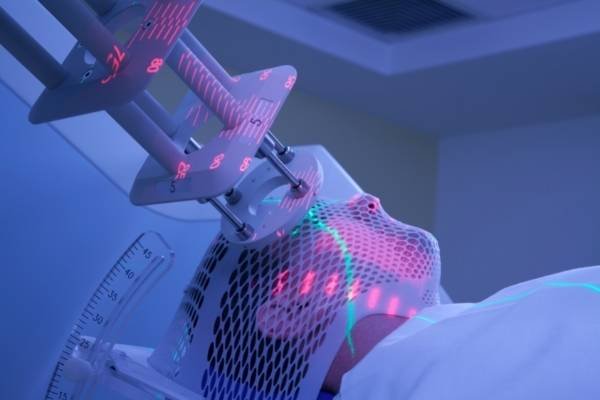Lung diseases are among the leading causes of death worldwide. Genetics, lifestyle and environmental factors all play a role in their development. It is well known that early detection of changes in the lung tissue is paramount important for improvement…
In September 2012, a case of novel coronavirus infection was reported involving a man in Saudi Arabia. This novel coronavirus has been named Middle East Respiratory Syndrome coronavirus (MERS-CoV). "Despite sharing some clinical similarities with Severe Acute Respiratory Syndrome (SARS)…
Types 1 and 2 diabetes are characterized by progressive β-cell failure. The mechanisms leading to nutrient- and cytokine-induced β-cell death in both types of diabetes share the activation of a final common pathway. However, the measuring of β-cells loss has…
In the treatment of around 50% of cancer patients the radiation therapy is used. It is remains the most important nonsurgical treatment in the management of solid malignancies. Treatment with ionizing radiation (IR) can render the tumor cells immunogenic and…
A neuroendocrine tumor (NETs) begins in the hormone-producing cells of the body’s neuroendocrine system, which is made up of cells that are a cross between traditional hormone-producing endocrine cells and nerve cells. Neuroendocrine tumours are a heterogeneous group including carcinoid,…
Capacitors are created to store electric charge, but their storage capabilities are restricted. Engineers at General Electric first experimented with the electric double-layer capacitor, which led to the development of an early type of supercapacitor in 1957. In current years,…





